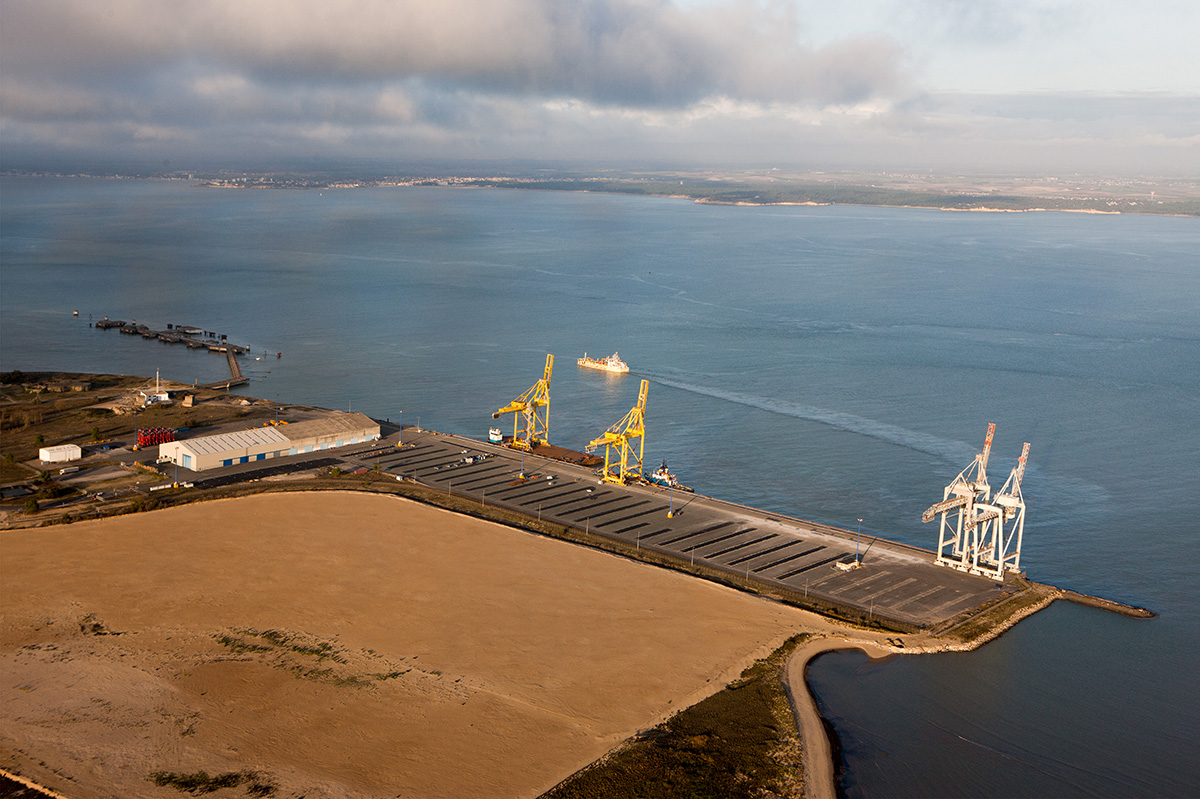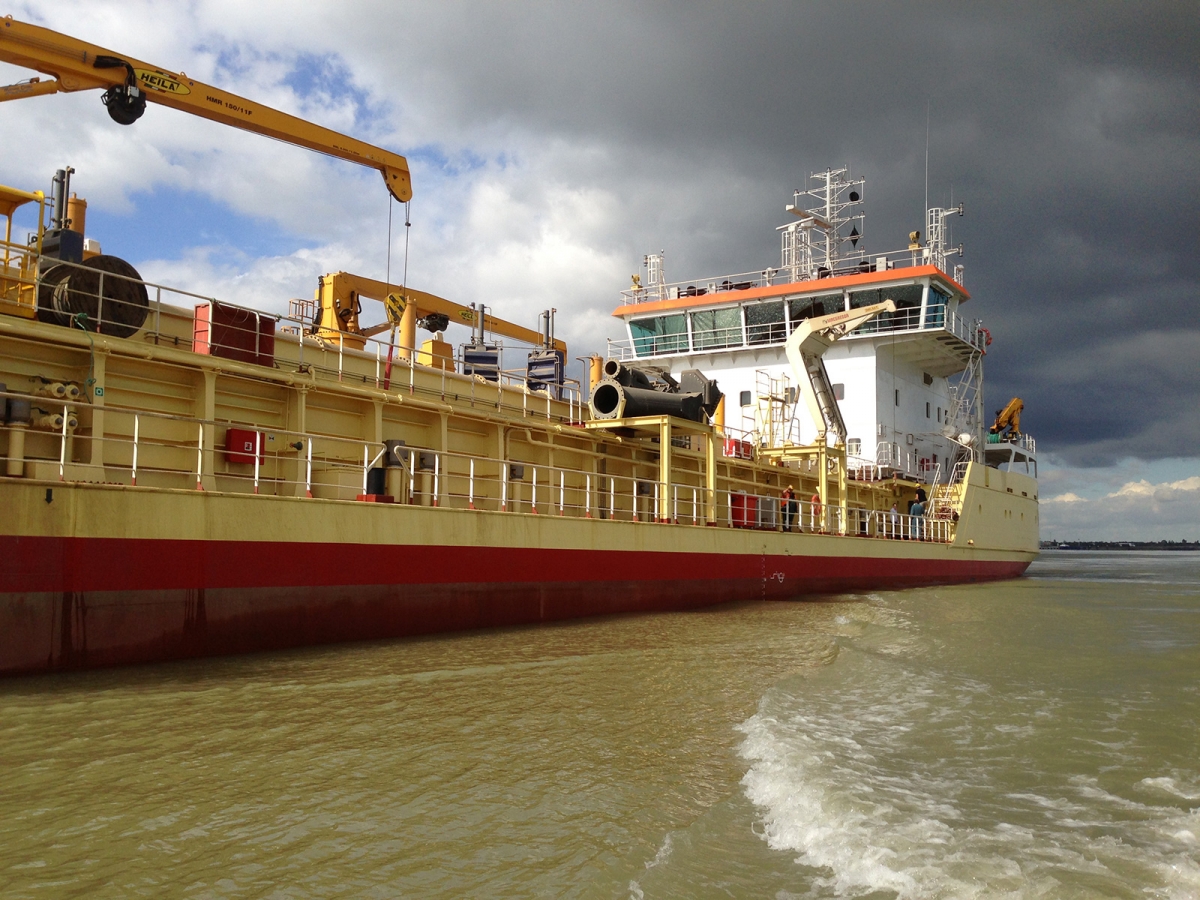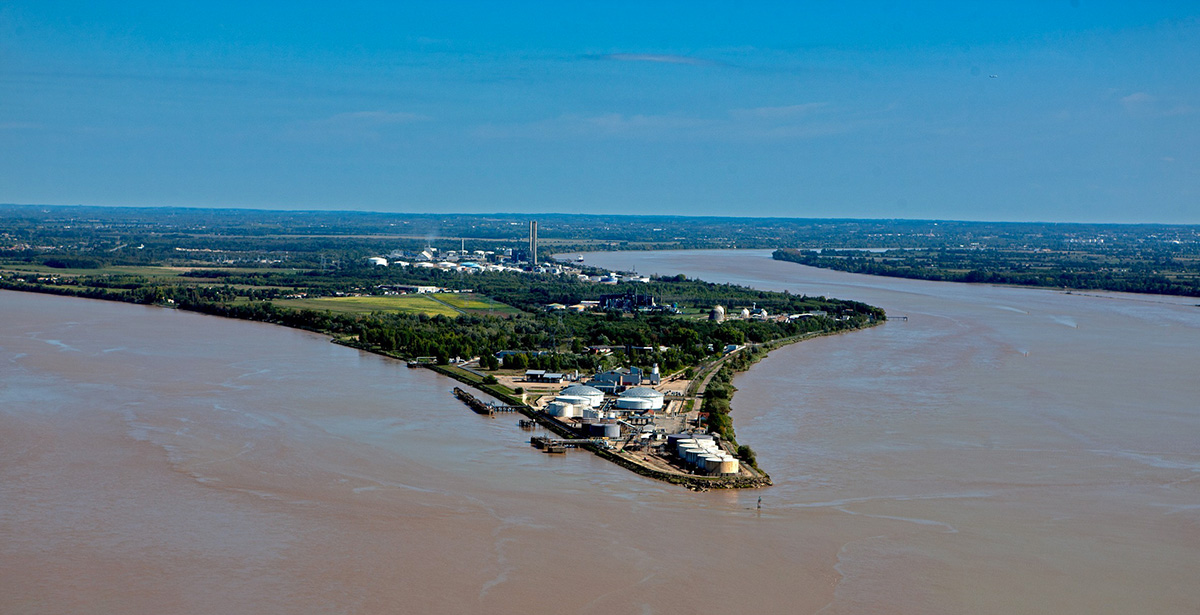Clear objectives
The Port’s environmental objectives cover the entire area occupied by the Port, through the following actions:
Know the environment
- Monitor the pollution on port land
- Monitor the port environment (water, air, sediment)
- Ensure regulatory compliance of the port and its activities
- Know the natural habitat at the port (plants, wildlife, wetlands)

Develop the area sustainably
- Promote the reuse of soil excavated during construction
- Dispose of excavated soil in accordance with regulations
- Ensure the hydraulic neutrality of any developments
- Apply the concept of Avoid, Reduce and Offset to all projects
- Be exemplary on construction sites
- Prevent noise pollution arising from port projects
- Engage in an industrial ecology process
- Promote rail, inland waterway and maritime transport
- Have a land use strategy
Control pollution
- Prevent pollution of soil and groundwater
- Promote the in-situ treatment of polluted soil
- Avoid landfilling whenever possible
- Manage flood risks
- Develop alternative solutions for managing stormwater
- Improve water management
- Limit the impacts of dredging and sediment management
- Maintain a high level of cleanliness at the terminals
- Aim towards a target of "zero pesticides" for green spaces, railway tracks, docks.
- Assess the contribution of the terminals to the quality of the air
- Assess the noise emissions of the terminals and minimise noise
- Reduce energy consumption
- Reduce GHG emissions
- Develop the use of renewable energy
- Reduce drinking water consumption
- Reducing waste at the source
- Improve waste management

Manage and preserve the natural space
- Preserve and manage the natural spaces at the port
- Preserve species and habitats
- Promote sustainable agriculture
- Maintain and develop primary-sector activities on the natural spaces

Inform and educate
- Educate and inform about the environment internally and externally
- Publicize the port, its activities and its actions
- Publicize the key actions of the port’s partners






